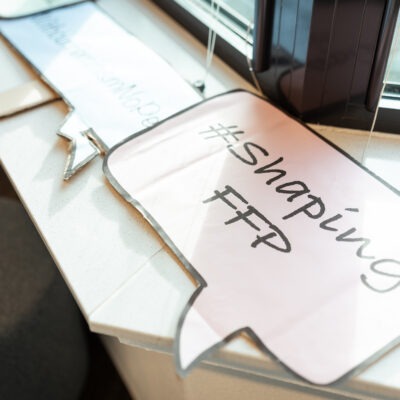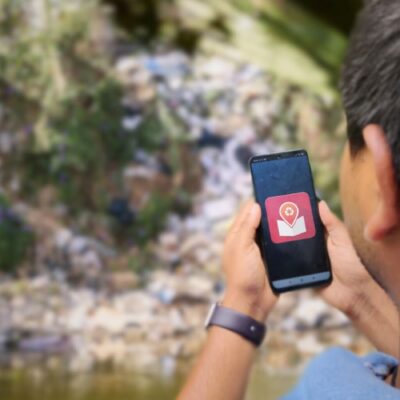Family planning for adolescent girls.
The programme is raising awareness of the benefits of all modern methods of contraception among adolescent girls (aged 15-19 years) in the districts of Moyamba, Pujehun, and Kambia, with the goal of increasing the demand and uptake of long-acting reversible contraceptives (especially intrauterine devices (IUD) and implants).
There are multiple benefits of long-acting methods (e.g. implants, IUDs and others) – these methods are highly effective at preventing pregnancy, and are convenient for busy lifestyles or contexts where medications might not be regularly available.
Both IUDs and implants are over 99% effective and have little opportunity for user error (such as forgetting to take a daily tablet). As long as they are inserted properly, the user does not have to take any other action for three, five, or ten years, and will remain protected against pregnancy.
Sierra Leone has one of the highest maternal mortality rates in the world, with 1,360 deaths per 100,000 live births (according to a 2013 survey), and one in 17 women in Sierra Leone will die in pregnancy or childbirth (WHO).
As the current governments’ New Direction Manifesto highlights, 40% of maternal deaths are teenage girls, and although one in four adolescent girls aged 15-19 has begun childbearing, this is often not by their own choice (UNFPA).
Through our youth-led volunteering model, we are supporting 18 young female volunteers, who we called “Community Mobilisers”, who work in pairs of community and national volunteers.
Each pair of volunteers is based in one ‘hub community’ where they live, and also work with four other ‘satellite communities’ where they run community engagement activities such as awareness-raising events on their busy market days.
These volunteers recently came together in Bo for their twelve-day residential foundation training. The training used participatory sessions to equip them with the knowledge and skills required to plan, deliver and communicate the projects’ community engagement approaches.
The sessions they covered included community mobilisation, safeguarding, communicating their work, and the essential skills and attitudes of a volunteer.
At the end of the training, the volunteers started their nine-month volunteering placement, to lead peer-to-peer activities, such as sexual health sessions in schools, meetings with community leaders, sessions with traditional birth attendants, and working with parents of adolescent girls to understand their rights, risks and opportunities.
By the end of the programme, the aim is to have reduced unwanted pregnancies and maternal mortalities in adolescent girls, allowing young women to choose when and how many children to have. The programme will also work to build community ownership over adolescent girls’ health that lasts beyond the programmes’ lifespan.
This project will work with and support community structures, creating demand for safe and long-acting reversible family planning methods and empowering adolescent girls to make informed choices about their future in districts where there are high rates of teenage pregnancy. My team and I vow to provide the support needed to ensure the success of the project, as it aims to decrease rates of pregnancy amongst adolescent girls.
Samuel, Sexual Reproductive Health Programme Manager at Restless Development
If you want to be further inspired by the young people leading our programmes in Sierra Leone, you can follow our work on Twitter, Facebook, and Instagram.





